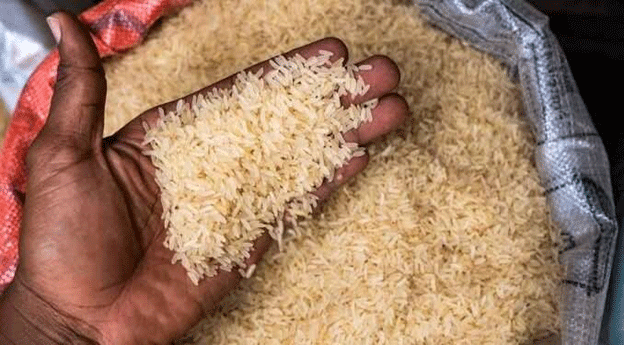Nigeria, grappling with one of its most severe food crises in decades, has received a 32-ton shipment of rice from Thailand. This delivery, marking the first of its kind in ten years, arrived in Lagos amid escalating hunger and food insecurity that have gripped the country. The rice import is part of a broader government initiative to mitigate soaring food prices, which have reached record highs, pushing nearly half of Nigeria’s population of over 200 million into extreme poverty.
The importation is a direct result of Nigeria’s decision to implement a tariff moratorium on key food crops like wheat, corn, and rice, aimed at boosting food availability. Despite this policy, imports have remained cautious, driven by concerns over its potential negative impact on local agricultural producers. The logistics company, DUCAT, which facilitated the shipment, confirmed that the rice was brought in under the tariff exemption that was introduced last year.
To further combat the nation’s worsening food inflation, which is rising at its fastest rate in three decades, the Nigerian government has introduced a series of measures. These include the creation of a 180-day window for duty-free imports of critical food crops, including rice, wheat, and corn, to alleviate food shortages. Additionally, the government has decided to introduce a recommended retail price for imported food, which aims to stabilize prices amid growing public unrest over the rising cost of living.
Nigeria’s inflation crisis has been fueled by economic reforms introduced by President Bola Tinubu’s administration, including the devaluation of the naira and increases in electricity tariffs. These changes have triggered a wave of price hikes across various sectors, including food. The country’s food inflation reached a staggering 41% in May 2023, the highest in 28 years, creating significant challenges for millions of Nigerians already struggling with poverty.
As part of its strategy to address the growing food crisis, the government has also implemented the Inflation Reduction and Price Stability Order, which includes policies aimed at increasing the production of staple foods by smallholder farmers and promoting fortified food production. Furthermore, the government has set a Guaranteed Minimum Price (GMP) for critical food commodities, aiming to ensure that domestic agriculture remains competitive and sustainable in the long run.
The rice shipment from Thailand serves as a temporary relief to Nigeria’s ongoing food crisis, but it highlights the country’s larger struggle with food insecurity and inflation. While government efforts such as the duty-free import window and price stabilization measures provide hope, long-term solutions must focus on enhancing local food production, supporting smallholder farmers, and addressing the underlying economic challenges driving food inflation.
Error




